Tips on Managing Fatigue
Fatigue is one of the most difficult symptoms to become used to and can be even more difficult to manage. Many of the medications heart failure patients are placed on can cause fatigue on top of the fatigue we experience from the disease itself. Unfortunately, there is no pill to combat fatigue, at least none as far as I know which are safe for heart failure patients. However, there are some ways to manage fatigue. These are not instant solutions, but over time some of them can help combat feeling tired as much as you do now.
Featured Forum
View all responsesFat loss
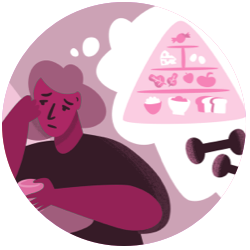
Fat loss is the first way you can help fatigue. This does not necessarily mean weight loss. If you are exercising and building muscle, you may not see the weight loss you desire. That’s ok! People who carry extra weight in the form of fat can suffer from fatigue more consistently than those who are at a healthy body fat percentage. A bonus to losing fat is you will most likely form better eating and exercise habits.
Exercise
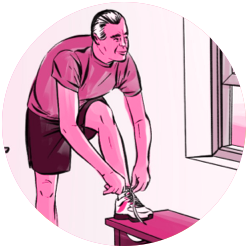
It may seem a bit odd because exercise makes you tired. However, those who exercise regularly typically have increased energy. Over time, your body will increase stamina causing less fatigue. Start out slow and build yourself up to exercising five days a week, as allowed by your physician. The exercise you chose doesn’t have to be strenuous or longer than 30-45 minutes. A brisk walk for half an hour will be extremely beneficial compared to sitting down and doing nothing. It may be difficult at first. You may only be able to walk a few yards or so before having to rest. What’s amazing is you taking the first steps towards a better you. Don’t get discouraged. You are doing more than a lot of people. You are making the effort to better yourself.
Simply get out of bed
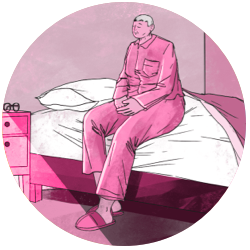
When you wake up from sleep or a nap, it’s easy to lay in bed and watch tv or play on an electronic device. Lying in bed can “trick” your body into becoming more tired. Even if you don’t feel like getting out of bed or you think you are too tired, try. Naturally, don’t try if you truly feel like you are at risk of falling or injuring yourself. Ask a loved one to help you up, or use something sturdy like a nightstand to assist you in standing. Personally, if I lay in bed too long, I get tired and can fall asleep even though I know I shouldn’t be tired. As soon as I stand up and get moving, the feeling of fatigue begins to go away.
Open the curtains
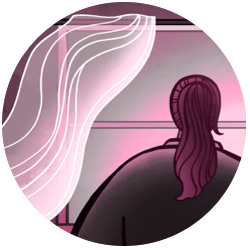
Something as simple as letting in some sunlight can give you a sense of alertness. If you keep the curtains closed and rooms dark, you will feel like it’s night time all the time. Take a few seconds to go around the house opening up blinds and curtains. Take a step outside and breathe in the outside air. You may be surprised what a little bit of sunlight and fresh air will do for your mind and body.
Sleep
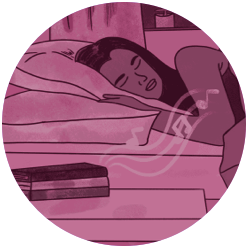
This may seem obvious and counterproductive to the other ideas, but when your body needs sleep, it’s not always in your best interest to fight it. With heart failure, you may need extra sleep or a mid-day nap. Give your body a day to recover. Sometimes it’s nice to reward yourself after a day of activity. When you start changing your habits to become more active, it’s possible your body will need extra sleep at first. Hopefully, over time, the changes you make will decrease the need for extra sleep and overall reduce your fatigue.

Join the conversation